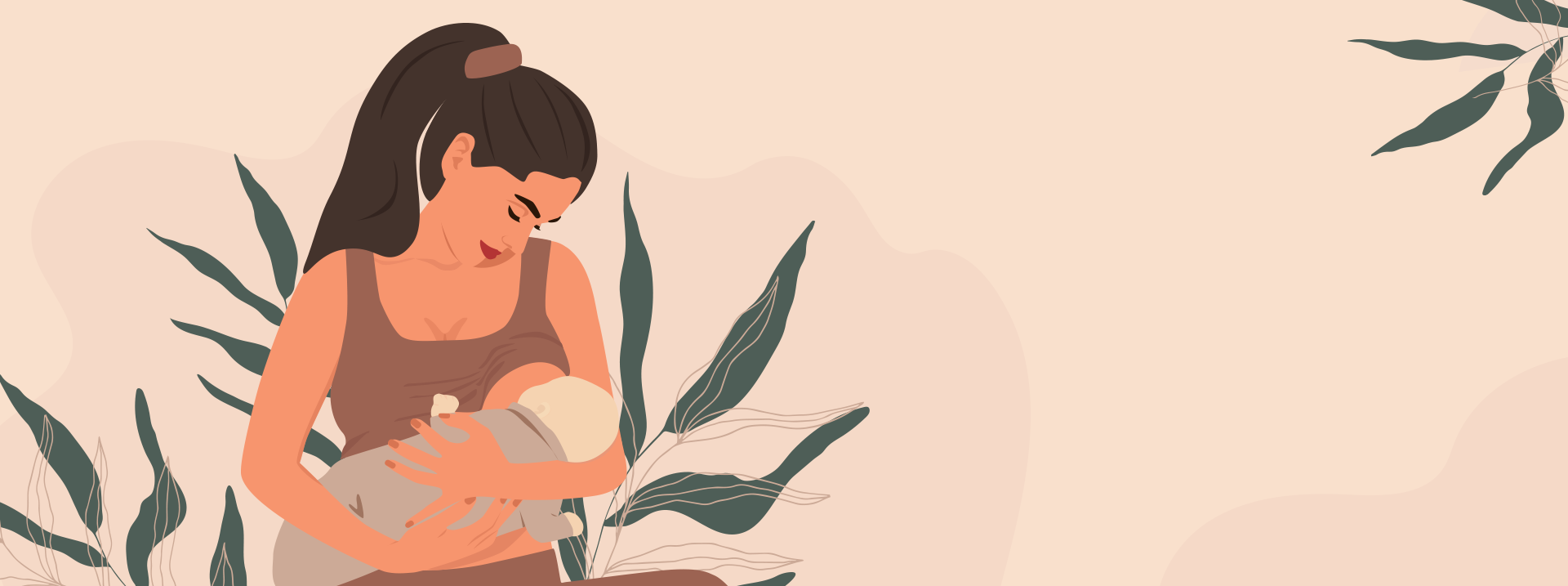
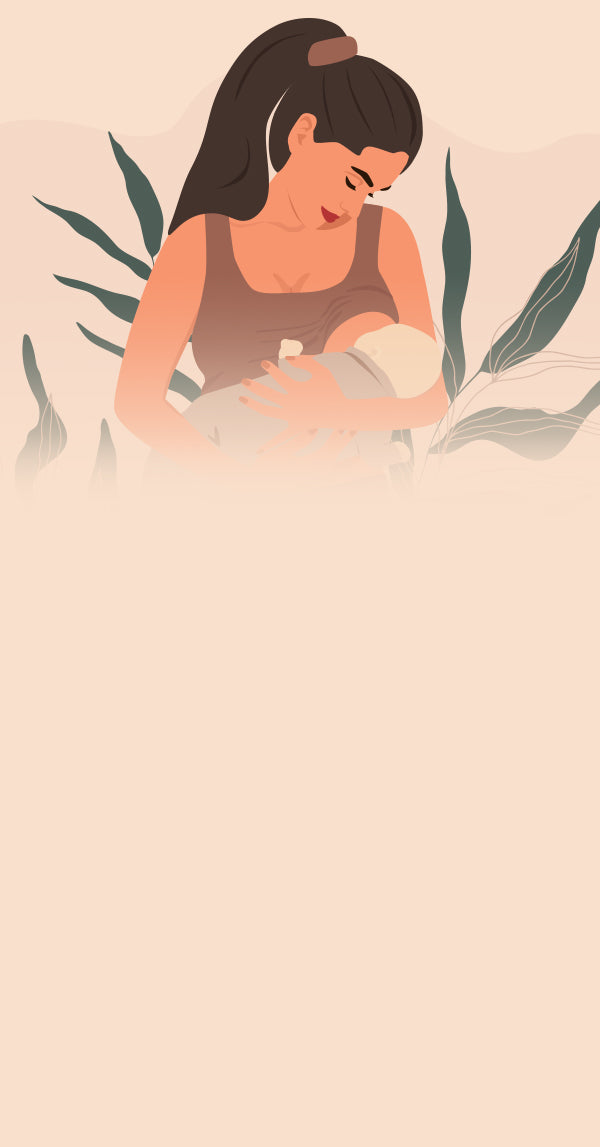
Macierzyństwo nigdy nie jest łatwe, dlatego jesteśmy tutaj, aby pomóc. Dzięki naszemu zestawowi narzędzi dla mam karmiących piersią możesz przejąć kontrolę nad swoim samopoczuciem dzięki sile nauki. Zapoznaj się z zestawem narzędzi, zadbaj o siebie i żyj pełnią życia.
Rozwiązywanie problemów związanych z karmieniem piersią - np. co zrobić w przypadku zbyt dużej/zbyt małej ilości mleka matki, jak przechowywać mleko matki, produkcja mleka matki, karmienie butelką itp.

Staramy się odpowiadać na najczęściej zadawane pytania dotyczące karmienia piersią.

Kiedy przyszło mi po raz pierwszy przystawić moje nowe dziecko do piersi, nie było to takie łatwe...
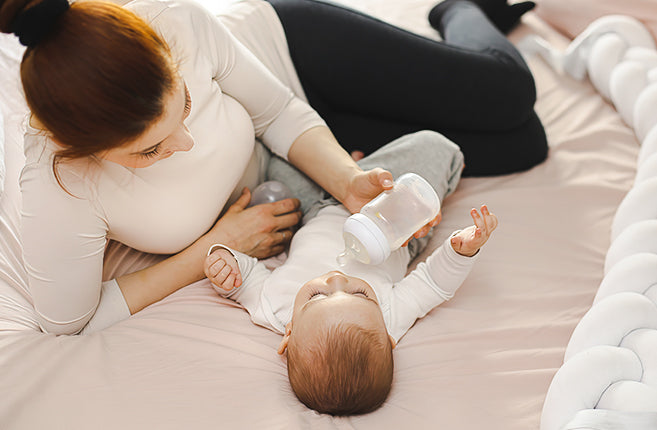
Udostępniamy wszystko, co trzeba wiedzieć o odstawieniu karmienia piersią i różnicach.....

Istnieje kilka prostych wskazówek i sztuczek, których matki mogą użyć, aby ułatwić sobie karmienie piersią podczas podróży.
Rozwiązywanie problemów związanych z pompowaniem - np. jak pompować w miejscach publicznych, jak zapewnić dobre ssanie itp.

Mastitis is breast inflammation caused by milk buildup or infection, common in breastfeeding moms. It often happens when milk flow is blocked, the baby isn’t nursing effectively, or the nipples are sore. Symptoms include breast pain, swelling, redness, and flu-like symptoms like fever and chills.
Early Signs of Mastitis
✅ A hard, swollen, tender area in the breast
✅ Red, warm skin over the affected area
✅ Mild pain or tingling, worse during nursing or pumping
✅ Low fever or fatigue, similar to a coldIf left untreated, mastitis can worsen and lead to an abscess, so early action is key.
What to Do If You Have Mastitis – Can You Still Use a Wearable Pump?
Step 1: Keep Milk Flowing
Don’t stop nursing or pumping—emptying the breast helps clear the blockage. Nursing is the most effective, but if your baby refuses, use a pump on a gentle setting.
Step 2: Use Warm & Cold Therapy
- Before feeding: Apply warmth (like a warm towel) to improve milk flow.
- After feeding: Use a Momcozy Hot and Cold Breast Pads to reduce swelling and pain. Momcozy hot & cold breast pads
Step 3: Gentle Massage
While nursing or pumping, use light pressure to massage from the lump toward the nipple to help milk drain. Avoid pressing too hard to prevent further irritation.
Step 4: Rest & Stay Hydrated
Get plenty of rest and drink warm fluids to support recovery.
Using a Wearable Pump with Mastitis
1. You can continue using it, but:Lower the suction – High suction can increase pain and sensitivity.
2. Check the fit – Make sure the pump is positioned correctly and avoid prolonged suction on one spot.
⚠ See a Doctor If:
l Symptoms don’t improve within 24 hours
l Fever rises above 101.3°F (38.5°C)
l Pain becomes severe

An elastic nipple stretches and expands when nursing or pumping, sometimes touching the sides of the flange or filling it completely. This can cause friction or discomfort.
Tips for Using a Wearable Breast Pump with Elastic Nipples
✅ Measure Your Nipple Size – Use the sizing card included in your Momcozy pump package or a similar tool..
✅Choose the Right Flange – A slightly larger size can help prevent rubbing and over-stretching.
✅Adjust Suction Settings – Lower suction and switch to expression mode once milk starts flowing.
✅Reposition If Needed – Adjust the pump angle to keep your nipple centered.
✅Protect Your Nipples – Apply Momcozy nipple cream, lanolin or coconut oil to reduce friction.
✅Pause & Readjust – If uncomfortable, release flange and reposition.
✅Hand Express After Pumping – This can help fully empty your breasts.
Using a Wearable Breast Pump with Larger Nipples (Over 24mm)
🔹 Larger nipples may not fit properly, causing discomfort, poor suction, or leaks.
How to Fix It:
✅Use a Larger Flange – Try 27mm or 30mm to avoid pinching
✅Start with Low Suction – Increase gradually to prevent pain.
✅Align Properly – Center your nipple before pumping.
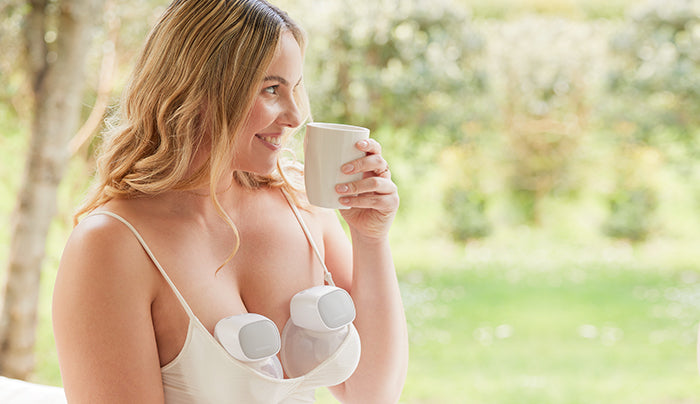
Kilka wskazówek, które pomogą Ci zrównoważyć karmienie piersią i pompowanie

Czy uważasz, że sesja pompowania jest bardzo czasochłonna?
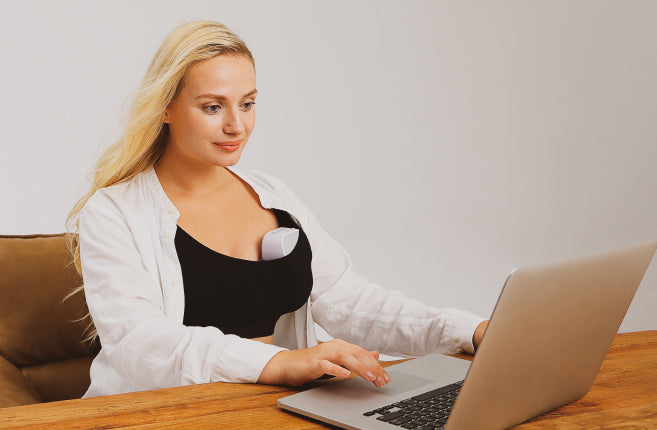
Nie wiesz, jak pogodzić pracę z pompowaniem? Te wskazówki sprawią, że będzie to łatwiejsze....
Rozwiązywanie problemów zdrowotnych związanych z karmieniem piersią/macierzyństwem - np. obrzęk piersi, zapalenie sutka, zatkane brodawki sutkowe i problemy psychiczne, takie jak zespół napięcia przedmiesiączkowego.
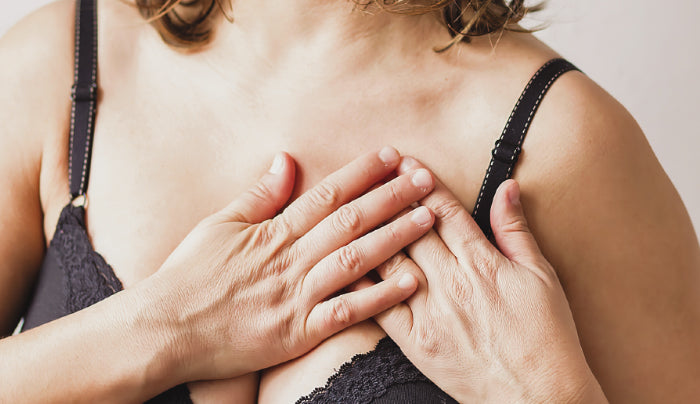
Opowieści matki karmiącej o swoich piersiach: Ból, odrzucenie i rzadki syndrom

Niektóre badania przesiewowe mogą przynieść korzyści i pomóc uniknąć poważnych problemów zdrowotnych w przyszłości...

Czy cierpisz na dysfunkcję dna miednicy? Jeśli tak, to nie jesteś sama. Po wysłuchaniu mojej historii...

Czułam się, jakby moje dawne życie zniknęło. Czułam strach.
Identyfikacja i rozwiązywanie problemów zdrowotnych, które mogą wystąpić u dziecka - np. kolka, przywiązanie języka, pieluszkowe zapalenie skóry itp.

Sprowadzenie do domu noworodka jest sporym wyzwaniem dla każdego rodzica, ale zrobienie tego w niepewnym...

Sen jest najważniejszy dla każdego, ale niemowlęta potrzebują go bardziej...

Czy nie wiesz, kiedy zacząć karmić dziecko pokarmami stałymi? Cóż, jeśli tak, to.....